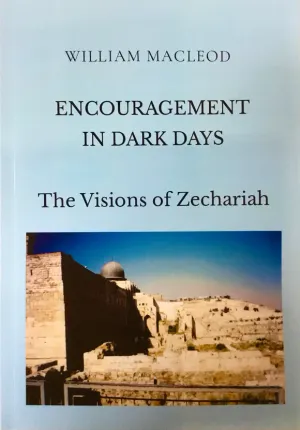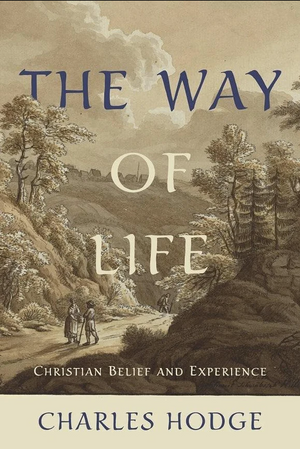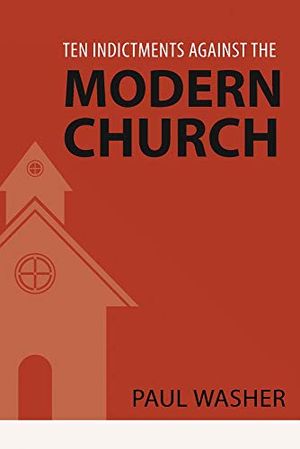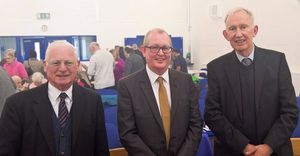‘Babylon’ in the Bible is a symbol of the apostate community with false religion at its heart. Priesthood and ceremonies were not add-ons to Chaldean society, but permeated it. Medieval society replicated this pagan alliance, except that the priesthood and ceremonies had a Christian veneer.
Such a union is still found in many states today and Revelation 18, often entitled ‘The fall of Babylon’, has a very modern ring. How does God view Babylon? The angel from heaven cries, ‘Babylon the great is fallen, is fallen, and is become the habitation of devils, and the hold of every foul spirit, and a cage of every unclean and hateful bird’ (v.2). Babylon is not a source of life and holiness, but of death and uncleanness. Her ‘Christianity’ is bereft of power to restrain pornography, fornication, adultery and
child abuse.
Babylon falls because of God’s detestation of her influence, emanating from this present evil world: ‘For all nations have drunk of the wine of the wrath of her fornication, and the kings of the earth have committed fornication with her, and the merchants of the earth are waxed rich through the abundance of her delicacies’ (v.3).
Her leading characteristic is luxurious materialism, with self-exaltation. She says, ‘I sit a queen, and am no widow, and shall see no sorrow’ (v.7), but seeks to be queen without the King. The permissive society winked at by an apostate church becomes the promiscuous society. Rulers, who should be a terror to evil, then increasingly promote ungodliness by their practice and legislation.
Babylon’s retribution will match her rebellion. When God pardons our sins, we are blessed indeed — God says that he will no more remember the sins of believers (Hebrews 8:12) — but, concerning Babylon, he says, ‘Her sins have reached unto heaven, and God hath remembered her iniquities’ (Revelation 18:5). John Bonar’s words remain very relevant: ‘A despised Christ must hasten an avenging Christ’.
The rapidity of Babylon’s collapse is vividly described: ‘Therefore shall her plagues come in one day, death, and mourning, and famine; and she shall be utterly burned with fire’ (v.8). The work of centuries collapses in a day. The unimaginable occurs with breathtaking rapidity. After years of decline, ancient Babylon was suddenly gone. Historians give the exact date as 16 October 539 BC. She ‘lived deliciously’, but ‘in one day, death and mourning’ came on her. Nor will modern apostate communities, wallowing in their uncleanness, escape the whirlwind. What are believers in Christ to do? We are left in no doubt. Another voice commanded: ‘Come out of her, my people, that ye be not partakers of her sins, and that ye receive not of her plagues’ (v.4). This voice came from heaven, in contrast to the bewitching siren voices from earth. In Greek mythology, sirens were sea nymphs who seductively lured sailors to destruction on the rocks by their songs. What invitations Christians receive to compromise by yielding to apostasy! Satan promises fame, fortune, freedom from persecution, and promotion. But we must shun all such ‘fellowship’ with Babylon; the need for separation is underlined by the command: ‘Come out of her’ (v.3).
Paul exhorted the Corinthians: ‘Be ye not unequally yoked together with unbelievers: for what fellowship hath righteousness with unrighteousness?’ (2 Corinthians 6:14). This is the great challenge of our day also. God’s people are known by their stand for truth and by their love for the Lord. We must resolve to stand fast for the Lord, not as pietistic recluses, but, like Jesus of Nazareth, being in the world but not of it. Like the friend of sinners, we are to reach out in compassion, but keep ourselves unspotted from Babylon and her uncleanness (see Jude 23).
Roy Mohon



















